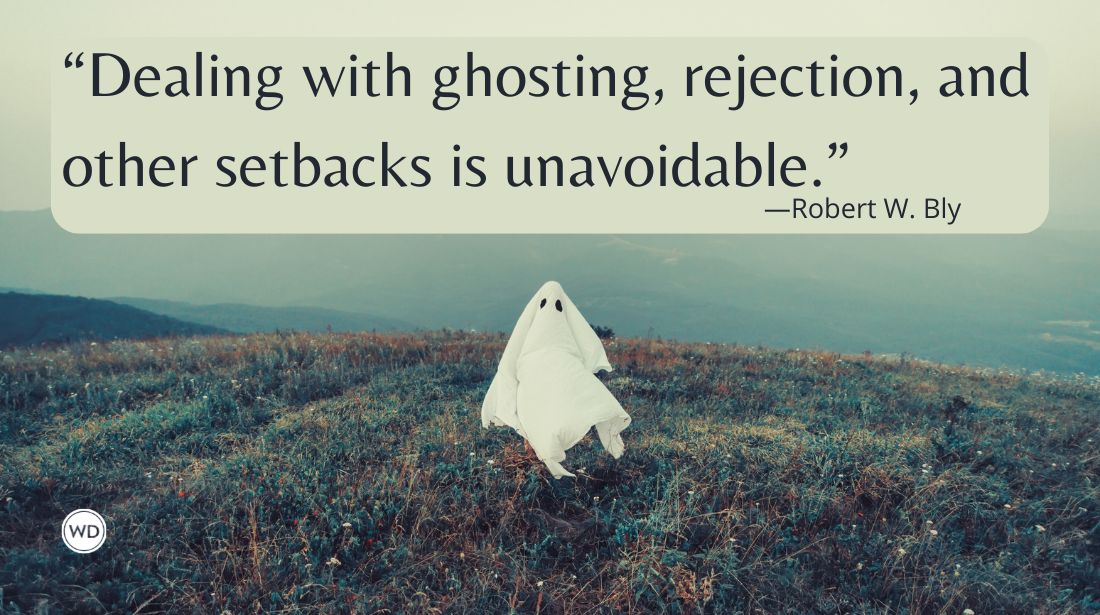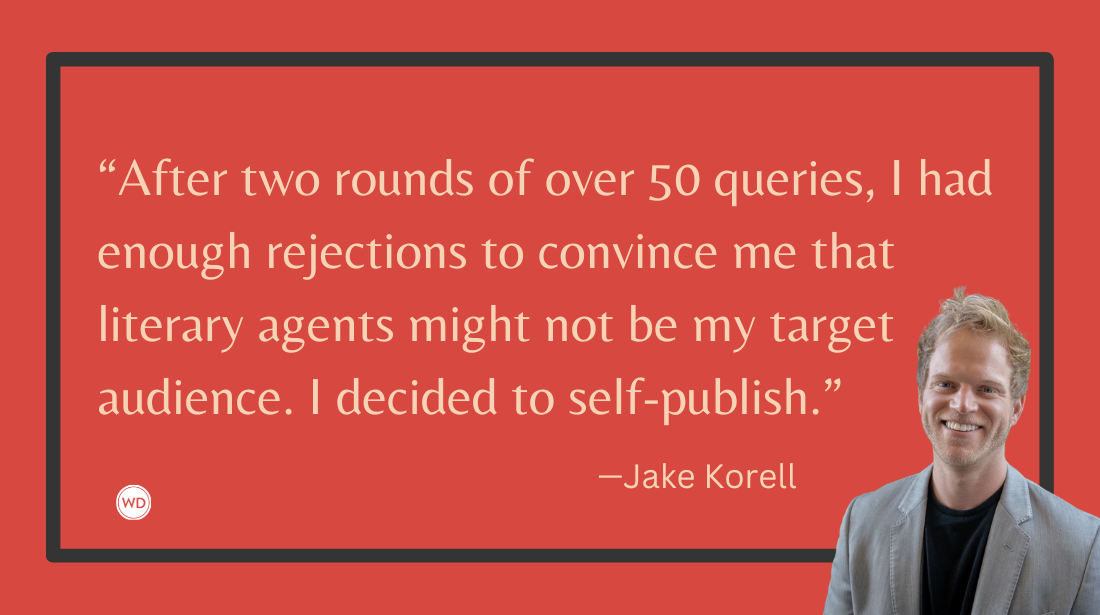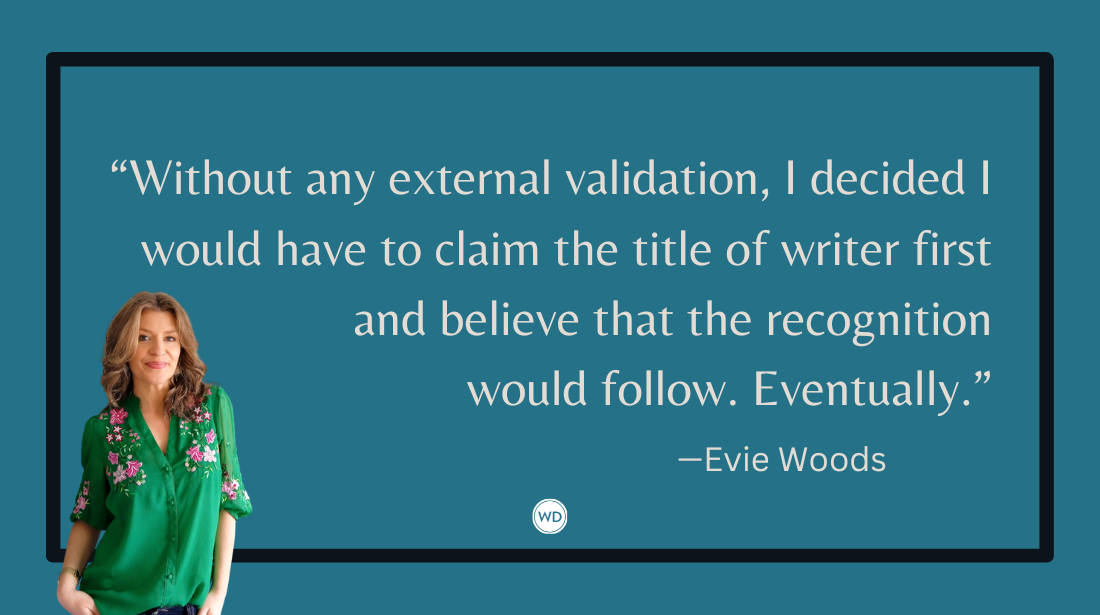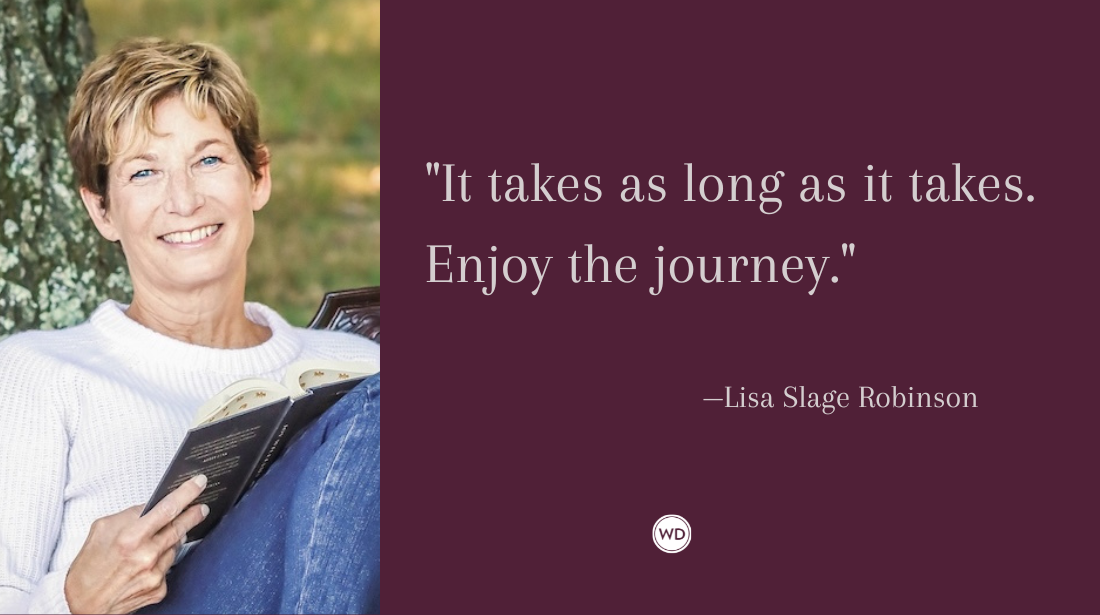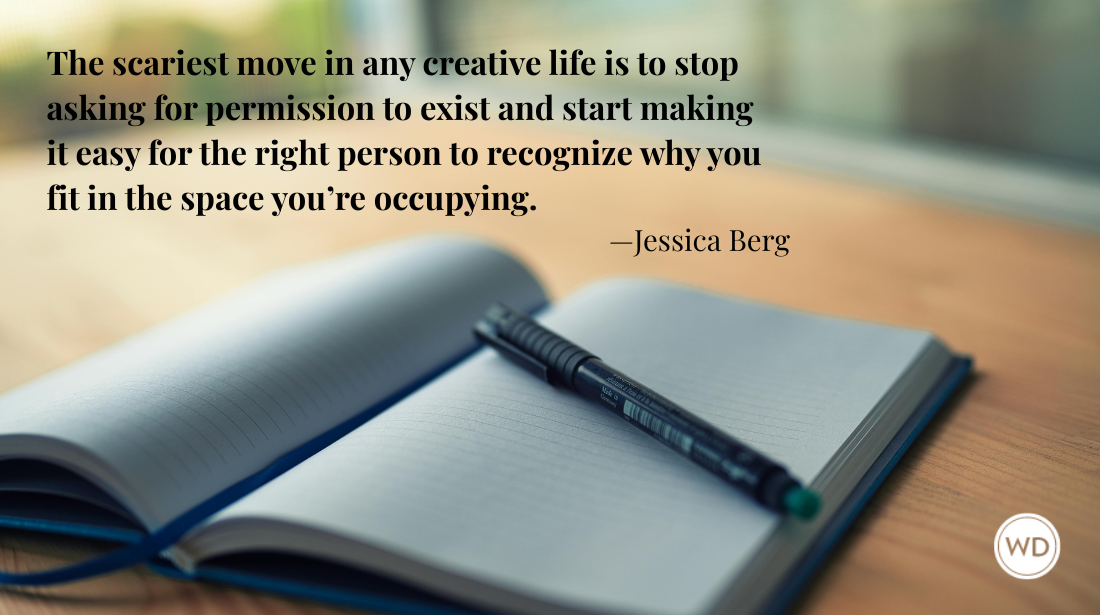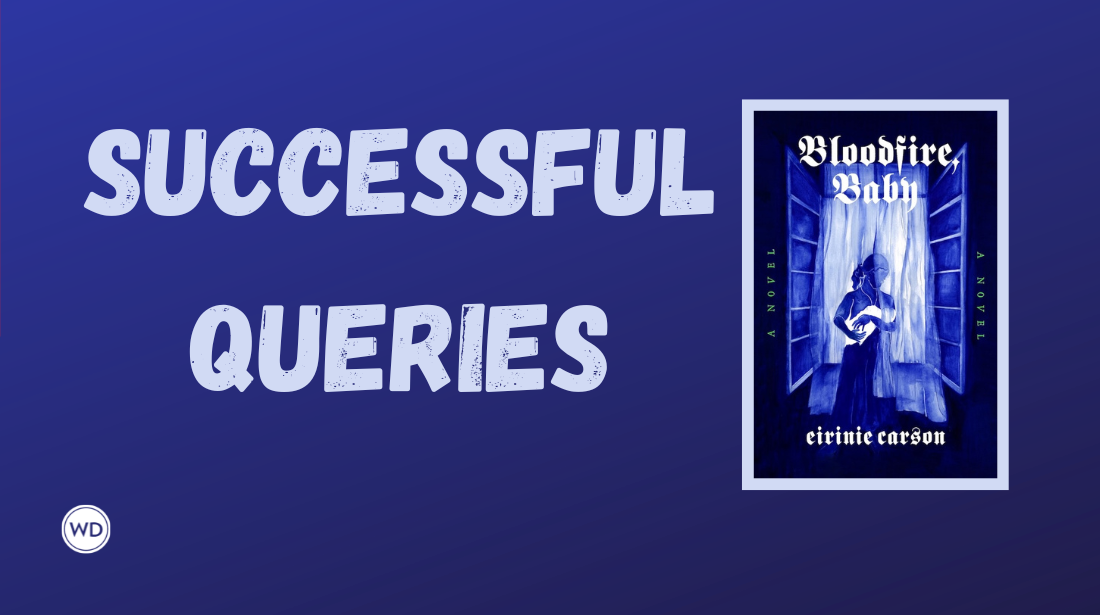What Should Writers Blog About?
What should writers blog about if they write fiction? Poetry? Nonfiction? Do blog topics have to align with your other writing? We dive into these questions here.
Blogging is a great way to share your thoughts with the world, connect with readers, and build a writing platform for new and experienced writers. One of the first questions I'm often asked by people interested in starting—or improving—a blog is, "What should I blog about?"
This is a great first question. I've been blogging for more than a decade, and I constantly re-evaluate my topics, my treatment, and my goals. Once you begin posting to a blog, you are creating and sharing content, and it makes a lot of sense to think about what you're sharing and why.
So, let's dig into this.
What Should Writers Blog About?
While I think it's important for bloggers to ask what they should post, the better first question is, "Why do you want to start a blog?" Is it for fun? Is it to share thoughts about your life? Do you have a topic that really interests you? Or do you just want to try it out because others have? Any of these reasons (or something completely different) are fine, but the reason why will help guide you to what.
For instance, if you're really into a specific topic (like extreme weather), then you should have a good idea of what kind of subjects you'd like to cover (hurricanes, tornadoes, blizzards, etc.). If you're doing it to improve your author platform, then you'll need to figure out who your target audience is and blog about things that interest them. The best blogs combine a blogger's intrinsic interests with an audience's interests.
As you can imagine, 100 people could visit this post and walk away with 100 different blog post ideas.
*****
This online writing workshop will guide you through the entire blogging process—how to create and setup a blog, where to start, and much more. You'll learn how to attract readers and how to market your writing. Start a successful blog today and get noticed by editors and publishers.
*****
What Should Writers of Fiction, Nonfiction, and Poetry Blog About?
Over the years, I've heard so many theories about what writers of different genres should do with their blog, and it's great to consider different perspectives. But what's always worked best for me is to experiment and pay attention to responses. Then, decide whether your strategy is working.
Could nonfiction blog posts work for a novelist? Possibly, if they line up with the subject of the novels. Could flash fiction posts gain traction for a person who writes nonfiction? Maybe; I've never tried it.
One thing I do know for certain: If you just do what you're told and what everyone else is doing, then you're more likely to disappear in the flood of blogs and sites that already exist. Find ways to differentiate, whether that's through content, style, or tone.
Final Word on Choosing Blog Topics
Blogging is best done through trial and error, but a good place to start is by looking at your writing goals and trying to think how your blog can complement those. If you're writing historical fiction, you'll likely do a lot of research that can't fit in the story. So share little nuggets of information on your blog and plug your fiction with each post.
Who knows? Eventually, you may become an authority on certain aspects of history and find yourself pitching a nonfiction book that complements your historical novels. Or vice versa, for whatever your subject of choice may be.




